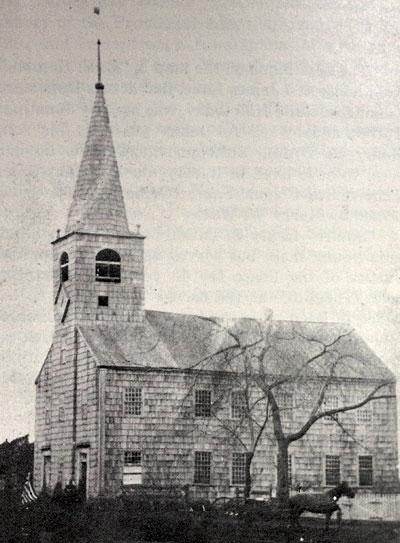Relay: The Drywaller’s Apprentice
Relay: The Drywaller’s Apprentice
For the past week or so, I’ve been hard at work taping and spackling my entryway, which was taken down to the studs way back in June when we had a new front door installed. It’s a 6-by-3-foot room, but it took me six months of stolen minutes and late-night hours just to hang the drywall.
A pro would have had the room rebuilt and ready for painting in three days, tops, but, as is typical, we blew our budget for outside experts before we got to this phase. This time, though, I wasn’t going to leave the job only half done, no matter how long it takes me.
By day I’m an editor, by evening a parent, by night a drywaller’s apprentice. I must have watched 50 YouTube videos on hanging and finishing drywall before I got started, and still more after I’d begun. Seejanedrill, askmediy, and TheCactus71 offered great tutorials on mudding inside corners and taping butt joints. My progress is slow, but there’s nothing quite so satisfying as learning a new home-improvement skill.
While I may not want to drywall, tape, spackle, and paint an entire house single-handedly, I like knowing how it’s done; it makes paying someone else to do it all the sweeter.
I imagine a day 3 or 5 or 10 years from now when I’ll look around my house and most of the projects I’ve dreamed of will be done. People might say, “Wow, I love your house,” and I’ll say, “You should have seen it when I first bought it.”
Last summer I would sometimes stay outside until 10 piecing together the puzzle of our new stone walkway and low garden wall. These projects are my children’s biggest competition.
One day last week, Jasper pushed his way between me and the Spackle bucket. “Let’s watch ‘Fixer Upper,’ Mama.”
“We could be our own ‘Fixer Upper,’ ” I suggested. He wandered off to play with his Legos, a builder like his mama.
We watch a lot of HGTV, so when I queued up another seejanedrill how-to last Sunday, the kids gathered round to watch, too. They’d rather watch “Fixer Upper,” a family favorite for over a year now. We like the good-humored hosts, Chip and Joanna Gaines, and their can-do approach to what are often full gut renovations, even if their style isn’t always what we might choose for our own house. We do get a little tired of their usual tropes — “Oh, no, not French country again!” my daughter will groan. Over all, though, their transformations are the most fun to watch. It’s amazing how far some vision and a little money will take you in Waco, Tex.
I love “Tiny House Hunters” and “Tiny House, Big Living,” too. The kids like “Flip or Flop”; the hosts’ seemingly constant success with their flips bothers me.
“Love It or List It” can be fun when we’re in the right mood, but come on, how can a professional designer so often be surprised by the roadblocks to achieving what her clients really want in their original houses?
My favorite is “Rehab Addict.” If the host, Nicole Curtis, lived here in East Hampton, I’d want to be her best friend. Her shtick is rehabbing historic houses in Detroit and Minneapolis, many of them condemned. It’s amazing what you can get for $1 in Detroit.
Here in East Hampton, I’ll keep putting my dollars toward my own home rehab, one small project at a time.
Carissa Katz is The Star’s managing editor.

